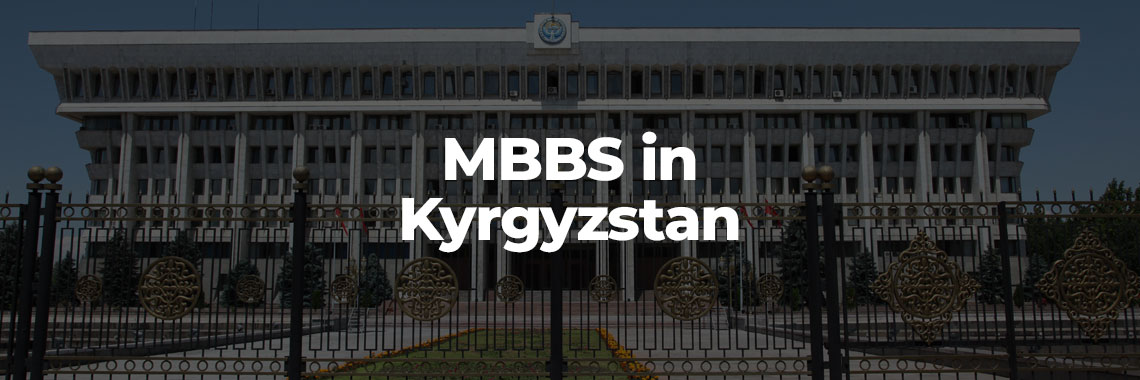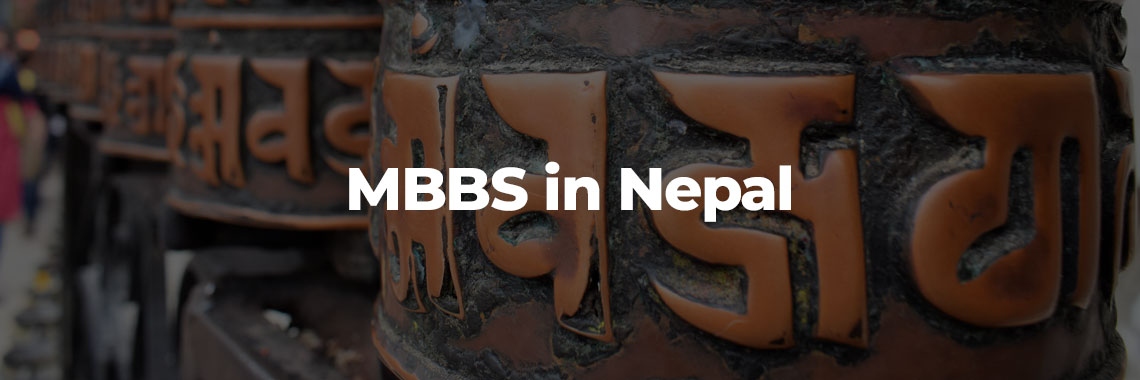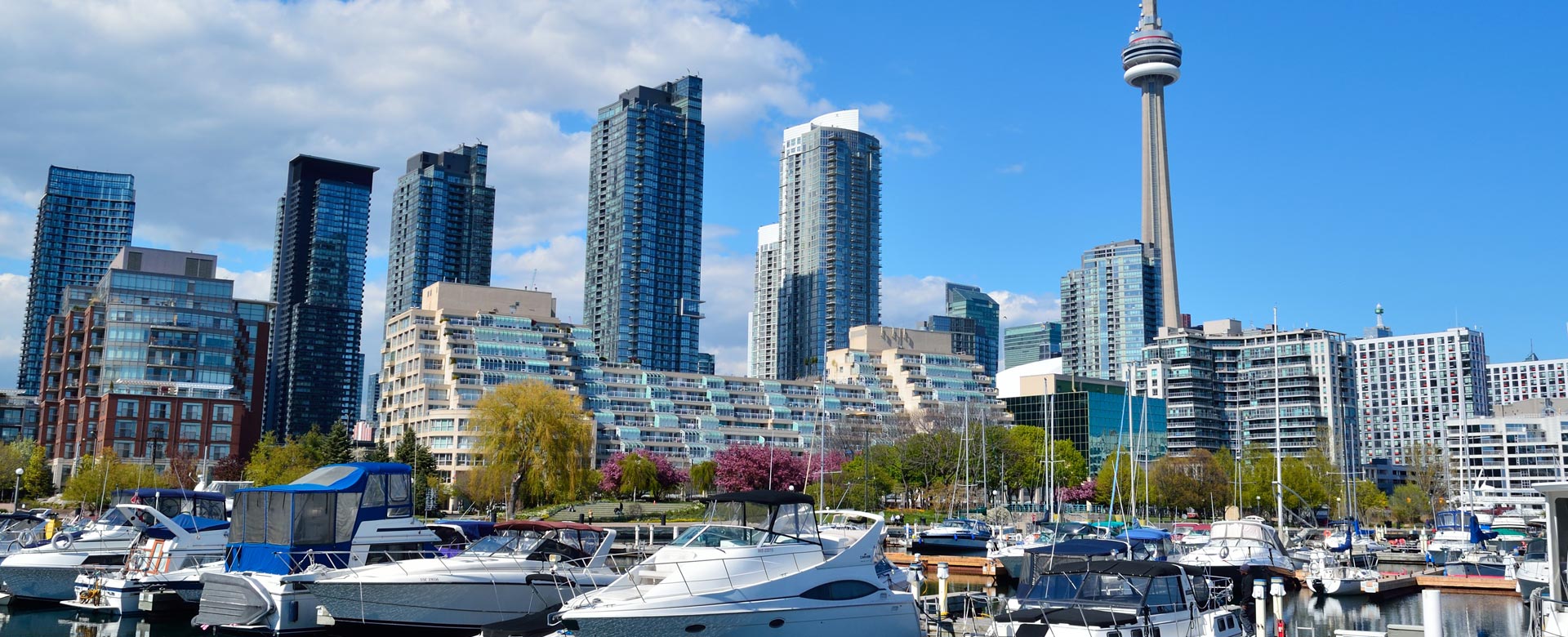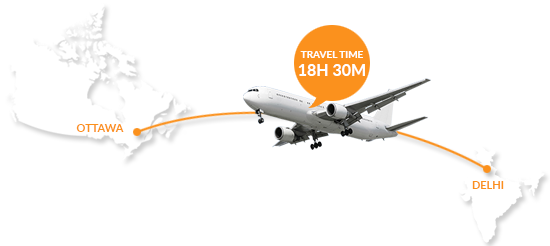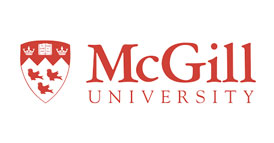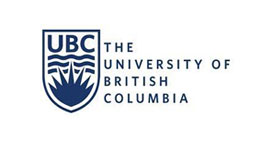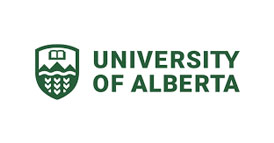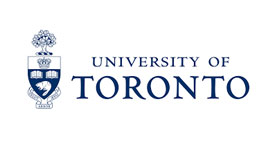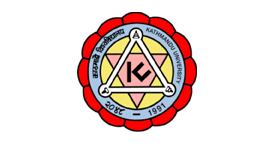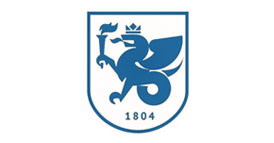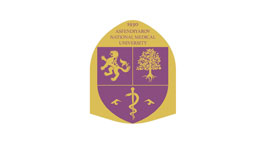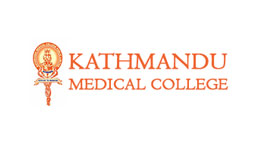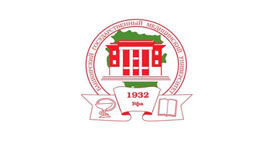Everything you need to know to study abroad in Canada:
Canada is a favored destination for overseas education for many international students, and Canada has an extensive network of state-run top-ranking universities across the country apart from also being a favorite destination for nature lovers.
The administration of all educational institutes come under individual provinces, and hence, eligibility, admission process, curriculum, etc., vary with different provinces.
If studying in Canada is your dream, then continue reading to find everything about it.
Canada is counted among one of the more affordable countries abroad to study in, especially when you compare it with the costs of studying in US and UK.
| Degree | Fees |
| Undergraduate | CAD $13000 - $20000 (INR 7.80 – 12 Lakh) |
| Postgraduate | CAD $17000 - $25000 (INR 10.20 – 15 Lakh) |
| Doctoral Degree | CAD $7000 - $15000 (INR 4.20 -9 Lakh) |
| MBA | CAD $30000 - $40000 (INR 18 – 24 Lakh) |
Cost of Living in Canada
Apart from accommodation and other living expenses which is around INR 25000 to INR 45000 per month, another mandatory expense for international students is Health insurance because the Canadian government doesn't cover the health insurance of international students.
| Annual Cost | CAD $18610 (INR 10 Lakh) |
| Weekly Average | CAD $300 - 400 (INR 18000 - 24000) |
International students can work for 20 hours per week during the semester and work full time during vacations. Hence students gain hands-on experience and make their CVs stand out. Students can earn CA$10 to CA$22 per hour working part time along with their education.
| Hours you can work Part time | 20 hours per week |
| Hourly Rate | CAD $15-25 |
| Weekly Earning | CAD $300 – $500 (INR 18000 - 30000) |
| Hours you can work on Vacation | 40 Hours |
Scholarship
There are many scholarships available for Indian students wanting to study in Canada. A few of them are:
- Canadian Commonwealth Scholarship and Fellowship Plan
- Shastri Indo-Canadian Institute
- Banting Postdoctoral Fellowships
Province specific scholarships such as: Quebec Provincial Government Scholarship, Ontario Trillium Scholarship, Ontario Graduate Scholarship Program.
Work Permit after Study in Canada
The provision of a Post-graduation work permit program allows students to live for three years in Canada after studying. This allows them to gain employment in Canada. Later, students can also apply to get a Canadian PR, Permanent Citizenship easily.
Education system in Canada is divided into four parts : pre-school, primary, secondary and post-secondary or tertiary education, which includes university and college programs and technical or vocational training schools. The curriculum for the courses are set by the province authorities and may have a slight variation depending on which college and location you select.
Contact a VidyaEdify expert today to help you select the best option.
A Bachelor's degree takes 3-5 years to complete, depending on the province and class availability. Master's degree, known as a graduate degree takes about 2 years to complete.
A Ph.D, the highest degree takes 3-6 years to complete depending on the student.
Top Courses to Study in Canada
| MBA | Engineering | Media & Journalism |
| Computer Science & IT | Engineering Management | Finance |
| Hospitality Management | Economics | Pharmacy |
Intakes in Canada
There are three intakes at Canadian universities. It is important to apply for admissions in time as per their timelines and deadlines.
| Intake | Duration |
| Fall | September |
| Winter | January |
| Summer | May |
Following are the prerequisites for students to study in Canada:
Test Scores
A crucial aspect for international students wanting to study in Canada is securing good marks in English proficiency tests like IELTS, TOEFL, SAT, etc. Check with your University what they prefer and appear for those tests. Other general tests like GRE, GMAT may also be required for more specialized courses. For more details, click here.
Apply for a College/University
Check the University's official website to understand the exact admission process. Apply with required documents, including SOP and LOR.
Apply for Study Permit
Students need to have a study permit to study in Canada. However, a study permit is different from a visa and doesn't allow students to enter Canada. You can apply for a study permit if you have admission to a Designated Learning Institution. Apply through Student Direct Stream to get a study permit fast.
One must fulfil the following requirements to get a study permit in Canada:
- Acceptance letter to a designated institute
- Proof of funds
- Police Certificate stating you have no criminal records
- Health certificate
Apply for a visa
Once you get a study permit, you will also get a temporary resident visa. But, some international students may also require a tourist visa or Electronic Travel Authorization. To learn more, Contact our expert counselors to understand what kind of study permit or visa you need.
Quality of Education
Universities of Canada rank in the Word University rankings and QS world university ranking. The Degrees are recognised the world over.
Higher living standard
Canada offers a peaceful life with a higher standard of living. Canadians are friendly and peaceful, making it easier for international students to adjust to a new country.
Affordable Degrees
Compared to expenses in the US and UK, education in Canada is affordable.
Immigration opportunities
Canada is known for its political stability and progressive culture. Students can also choose to live here by first applying for a Permanent Residence followed by Canadian Citizenship.
Key Facts
Geographic Location
Canada is located in the top half of North America, and the country is bordered by three oceans: Pacific, Atlantic and Arctic.
Population
3.8 Crores (2020)
Currency
Canadian Dollar ( CAD/ $ )
Calling Code
+1
Main Religion
Christianity
Language
English
Major Cities
Toronto, Montreal, Calgary
Popular Festivals
• Winterlude
• Celebration of Light
• Pride Toronto
Canada is a developed North American country with great educational and job prospects. Canada's universities have consistently been ranked among the best in the world.
With the reputed colleges, graduates will have the chance to get recognized by the world's top leading organizations for jobs.
India Canada Relations
In 2019, Indian students were the largest group in Canadian universities, schools, and colleges. Canada is a multi-ethnicity country, and Canadians welcome international students with open arms. Given the Indian fraternity there, students can get support from the community and experience a global standard of living with ample of career opportunities.
Contact our counsellor today to know more about studying in Canada, selecting your province and course.








